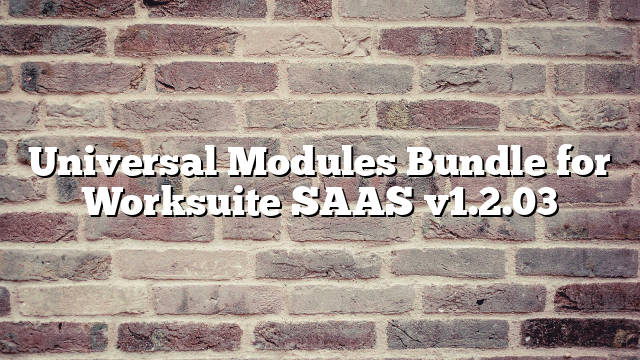- Home Insurance: A Comprehensive Guide to Protecting Your Home and Belongings
Homeowners enjoy the comfort and security of their own abodes. However, unexpected incidents such as fires, thefts, or natural disasters can threaten their homes and possessions. Home insurance provides a financial safety net to protect homeowners from these risks and preserve their investments.
What is Homeowners Insurance?
Homeowners insurance is a type of property insurance that provides coverage for your home, personal belongings, and additional living expenses in case of a covered loss. It typically includes the following components:
- Dwelling coverage protects the physical structure of your home, including its walls, roof, and fixtures.
- Personal property coverage protects your belongings inside your home, such as furniture, appliances, and electronics.
- Other structures coverage extends protection to detached structures on your property, such as garages, sheds, and guest houses.
- Liability coverage provides financial protection if you or someone on your property causes bodily injury or property damage to others.
Benefits of Homeowners Insurance
- Peace of mind: Knowing that your home and belongings are protected provides significant peace of mind, especially during stressful situations.
- Financial protection: Home insurance covers the costs of repairs or replacements after a covered loss, preventing you from having to pay out-of-pocket.
- Liability protection: Liability insurance protects you from financial responsibility in case of accidents that occur on your property or if you unintentionally damage someone else’s property.
- Additional living expenses: If your home becomes uninhabitable due to a covered loss, homeowners insurance can pay for expenses like hotel accommodations and meals.
Types of Homeowners Insurance Policies
There are different types of homeowners insurance policies available, each with varying levels of coverage and costs.
HO-1: Basic Coverage
This policy provides basic coverage for the dwelling, personal property, and other structures.
HO-2: Broad Coverage
HO-2 policies offer broader coverage than HO-1, including additional protection against theft, vandalism, and wind damage.
HO-3: Special Form Coverage
HO-3 policies are the most comprehensive and provide coverage for all risks except those specifically excluded.
HO-5: Comprehensive Coverage
This policy provides the most extensive protection, covering all risks except for catastrophic events like earthquakes or floods.
Determining the Right Amount of Coverage
To determine the appropriate amount of homeowners insurance coverage, consider the following factors:
- Replacement cost of your home: Determine the cost to rebuild your home from scratch.
- Value of your personal belongings: Estimate the total value of your furniture, appliances, and other possessions.
- Additional living expenses: Calculate the potential costs of living elsewhere if your home becomes uninhabitable.
- Liability risks: Assess your potential exposure to liability claims based on your activities and property.
- Practical Tip: Contact an insurance agent to get a personalized assessment of your coverage needs and insurance premium.
How Homeowners Insurance Works
Filing a Claim
In the event of a covered loss, promptly contact your insurance company and file a claim. Provide details of the incident and any documentation that supports your claim.
Assessment and Adjuster Visit
An insurance adjuster will visit your property to assess the damage and determine the amount of coverage you are entitled to.
Settlement and Payment
Once the claim is processed and approved, you will receive a settlement from your insurance company. The amount of the settlement will depend on the extent of the loss and the coverage you have purchased.
Conclusion
Homeowners insurance is an essential investment that protects your home and belongings from unexpected events. By understanding the different types of coverage and determining the right amount for your needs, you can ensure that you have the financial protection necessary to maintain the security and comfort of your home. Remember to review your policy annually and adjust your coverage as needed to ensure it continues to meet your needs and provide you with peace of mind.

























